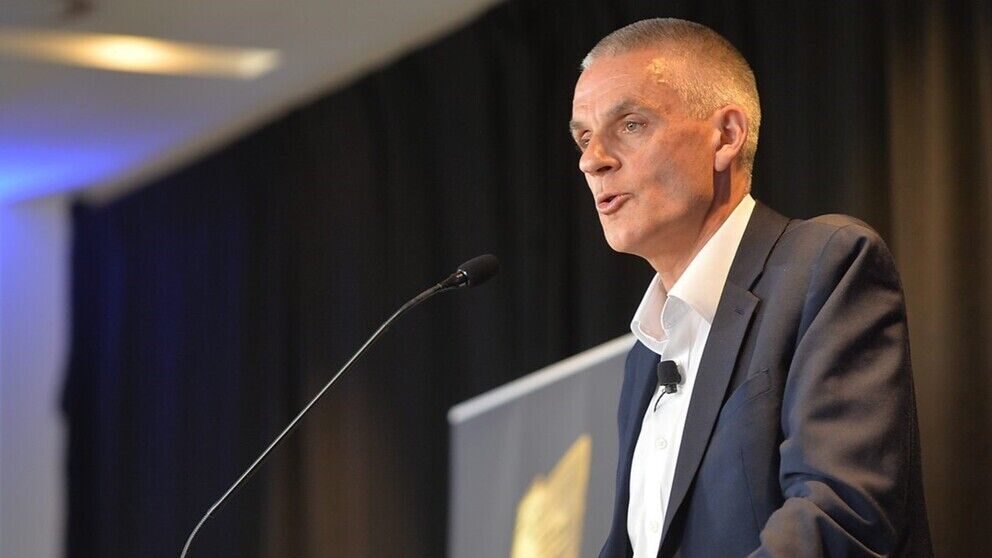BBC Director General Tim Davie has said the broadcaster’s mission to inform, educate and entertain is more vital than ever as it grapples with rapid technological change, disinformation and social division.

In a major speech at a Royal Television Society event, Davie also said the future funding of the BBC “will need reform”, adding: “I think it is right to ask fundamental questions about its longevity.”
But he also warned against unpicking “the very wonder of the BBC”.
“We should not create another commercial walled garden or a narrow BBC that provides a niche service for the most hardcore users,” Davie said.
He confirmed the BBC will look at funding options for the future, examining the merits of evolving the licence fee post-2028 to secure universal funding and assessing whether funding should be more progressive.
Davie stressed that the broadcaster has a central role in ensuring the UK retains a healthy democracy, a strong creative economy and a more cohesive society.
Davie said the BBC had been reforming at pace to remain at the heart of people’s daily lives, but must now go further.
He said the BBC would target resources, knowledge and knowhow in three key areas: pursuing truth with no agenda by reporting fearlessly and fairly; backing the best British storytelling by investing in homegrown talent and creativity; and bringing people together by connecting everyone to unmissable content.
“We stand at a significant moment. The jeopardy is high,” he told the audience. “The future of the UK, democratically, socially and culturally is at risk. And for us to succeed, far from following where the market is driving others, we must double down on what audiences see as our unique value.”
He said high inflation and increased costs as well as below inflation settlements “have chipped away at our income over many years and have put significant pressure on our finances”, alongside “forces reshaping the market and creating huge disruption to traditional broadcast-based organisations”.
“And it’s not just the future of the BBC and the Public Service Broadcasters that are at stake, it’s the future of our wider creative industries,” said Davie. “A world-class success story, but one we can’t afford to take for granted.”
Therefore, there was a need to target limited resources and create a leaner, focused public service BBC. This would include rebuilding the BBC’s digital products to offer a modern fully-integrated and more personalised and accessible service and boosting commercial income with new, major partnerships, investment and new capital.
You are not signed in
Only registered users can comment on this article.

HBO Max to launch in UK and Ireland on March 26
Warner Bros. Discovery is to launch its streaming service HBO Max in the UK and Ireland on 26 March 2026.

5G broadcast trials underway at Winter Olympics
Italian public service broadcaster Rai and the European Broadcasting Union (EBU) are conducting new 5G broadcast trials during the Milano Cortina 2026 Olympic Winter Games, which run from 6-22 February 2026.

Channel 4 unveils coverage plans for 2026 Paralympic Winter Games
Channel 4 has unveiled the plans for its coverage of the Milano Cortina 2026 Paralympic Winter Games.

Germany to require streamers to invest in local content
Germany is to introduce investment obligations for streaming platforms and TV broadcasters.

BBC and C4 should forge ‘deeper’ ties, says UK creative industries minister
The UK’s BBC and Channel 4 should forge closer ties in an effort to compete with global streaming services such as YouTube and Netflix, according to Ian Murray, the UK’s Minister for the Creative Industries.




